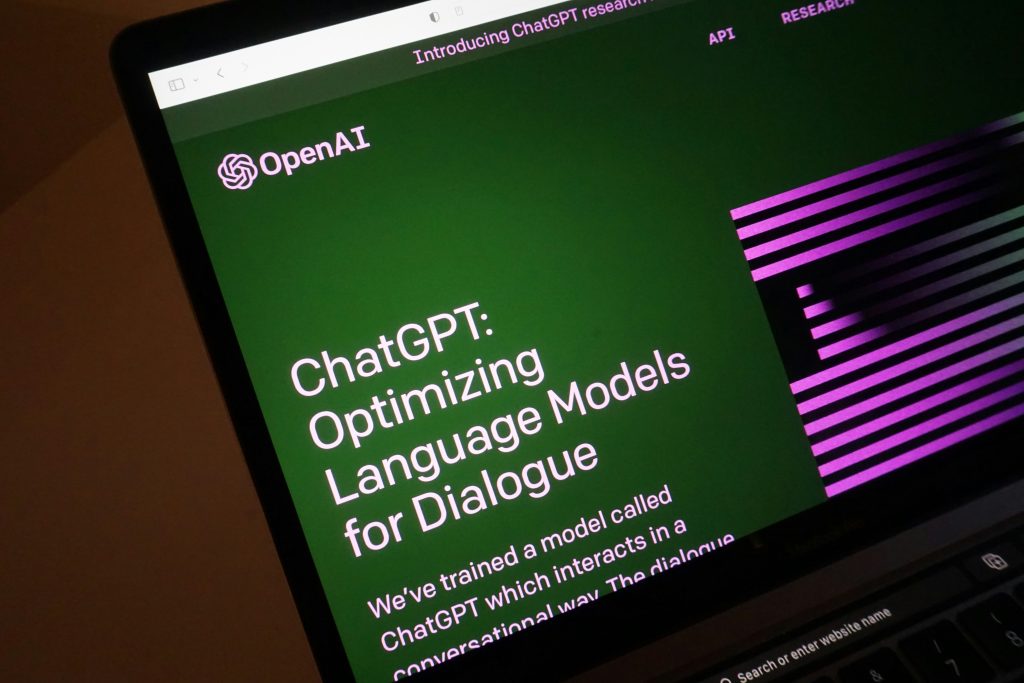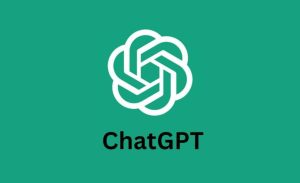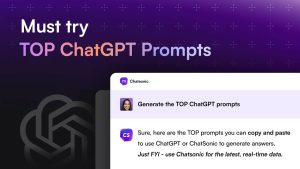ChatGPT Prompts Every Student Should Know: Study Smarter, Not Harder
In an age where technology shapes how we learn, students now have access to one of the most powerful tools ever created: ChatGPT. Whether you’re in high school, college, or pursuing a professional course, ChatGPT can save you hours of work—if you know how to use it correctly.
But here’s the secret: it’s not just about asking questions. It’s about asking the right questions.
In this guide, you’ll learn the most effective ChatGPT prompts every student should know, along with tips to get better answers and use AI responsibly. No tech jargon. No hype. Just real, practical ways to get ahead.
🔍 Why Use ChatGPT as a Student?
Before we dive into the prompts, let’s answer one question: why even use ChatGPT?
Because it can help you:
-
Understand difficult concepts in simple terms
-
Create study plans that fit your goals
-
Brainstorm essay ideas or research topics
-
Summarize textbooks and notes
-
Improve your writing
-
Save time and reduce stress
All of this, without copying or cheating. When used ethically, ChatGPT is like a supercharged study buddy.
🎯 1. Prompts to Understand Difficult Concepts
Sometimes, textbooks make things more confusing. Use these prompts to get simple, clear explanations:
-
“Explain [topic] like I’m 12 years old.”
Example: “Explain the Krebs cycle like I’m 12 years old.” -
“Can you break down [topic] into bullet points I can memorize?”
Example: “Break down the causes of World War I into bullet points.” -
“What are some real-life examples of [concept]?”
Example: “Real-life examples of supply and demand in everyday life.”
These prompts help you move from confusion to clarity—fast.
📝 2. Prompts for Writing Essays and Assignments
Whether you’re stuck on your introduction or trying to improve your grammar, these prompts can guide your writing process:
-
“Give me 5 essay title ideas about [subject].”
Example: “Give me 5 essay titles about climate change and youth.” -
“What are some strong arguments for and against [topic]?”
Example: “Arguments for and against school uniforms.” -
“Rewrite this paragraph to make it sound more academic:” [paste text]
-
“Can you check this essay for grammar and clarity?” [paste text]
These prompts don’t write your assignment for you—they make your writing sharper and more effective.
📚 3. Prompts to Summarize Notes or Textbooks
Need to review fast before a test? Let AI do the heavy lifting with summarization prompts:
-
“Summarize this text in 5 bullet points:” [paste notes or text]
-
“What are the key takeaways from Chapter 4 of [topic]?”
Example: “Key takeaways from Chapter 4 of biology – Cell Structures.” -
“Make a study guide from these notes:” [paste notes]
This is perfect for creating quick revision sheets or condensing last-minute reading.
⏰ 4. Prompts for Study Planning and Time Management
Struggling to stay organized? ChatGPT can help create realistic study schedules:
-
“Create a study plan for [subject] with 1 hour per day for 2 weeks.”
-
“How can I prepare for an exam in 7 days?”
-
“Help me break down this assignment into smaller tasks with deadlines.”
AI won’t study for you—but it can help you manage your time like a pro.
🎙️ 5. Prompts for Practice Questions and Quiz Help
Testing yourself is one of the best ways to learn. Use these prompts to generate practice questions:
-
“Create 10 multiple choice questions about [topic] with answers.”
-
“Give me short answer questions to test my knowledge on [topic].”
-
“Quiz me on these notes:” [paste content]
This is especially useful for subjects like history, science, business, or languages.
💬 6. Prompts for Group Projects and Presentations
Working with others? Try these to streamline your group work:
-
“Help me outline a group presentation on [topic].”
-
“What are some ways to divide project tasks fairly?”
-
“Give me a professional script for presenting this slide:” [describe slide]
ChatGPT can help your group stay organized and sound confident—without the awkward meetings.
🧠 7. Prompts for Brainstorming and Creative Thinking
Need inspiration for a project, topic, or creative assignment?
-
“Give me 10 unique project ideas about [subject].”
-
“What are some interesting perspectives on [topic]?”
-
“How can I connect [topic A] and [topic B] in an essay?”
AI is great at helping you think outside the box.
⚠️ A Note on Academic Honesty
Using ChatGPT responsibly is key. Avoid using it to generate full essays or answers for exams, especially if your school has strict policies. Instead, treat it like a tutor—one that can guide, explain, and help you build your own understanding.
If your institution allows AI tools, make sure you follow their guidelines and always cite sources if needed.
✅ Tips for Getting Better Responses from ChatGPT
-
Be specific: The clearer your question, the better the answer.
-
Add context: Let it know your grade level or what you’re studying.
-
Use follow-ups: If the answer isn’t perfect, ask it to rephrase, simplify, or give more examples.
Here’s an example:
❌ “Tell me about the French Revolution.”
✅ “Explain the causes of the French Revolution in simple language for a 10th-grade history student.”
📌 Final Thoughts
ChatGPT is more than a chatbot. Used well, it’s a study assistant, writing coach, time manager, and idea generator—all rolled into one. You don’t need to be a tech expert to get value out of it. You just need to know what to ask.
Start with the prompts above and tweak them to fit your own study habits. Once you do, you’ll realize: studying doesn’t have to be so hard. Sometimes, it just takes the right prompt.











